Description
State-Society Conflict in Pakistan: A Psychosocial Perspective
CONTENTS
- Theoretical Perspectives on State-Society Conflict and Psycho-Social Dimensions
- State-Society Conflict in Pakistan: The Evidence
- Psycho-Social Nature of State in Pakistan
- Psychosocial Nature of Pakistani Society
- Values, Attitudes, and Behavior of State Institutions
- Values, Attitudes and Behavior of Society Institutions
- Pakistan’s National Character and the Quality of Individual
- Resolution of State-Society Conflict: Transforming Values, Attitudes and Behaviors
ABOUT THE BOOK
This book proposes to unravel the causal dynamics of this conflict and measure its incidence and effects. Confronting the denial and unleashing the reality about the ongoing conflict is expected to lead the management and resolution of the conflict between state and society in Pakistan. The significance of this book lies in the attempt it makes in understanding as to why Pakistan’s state institutions behave in the way that they do? What is the individual and institutional behavior of the people of Pakistan? The significance of this research also lies in the fact that it addresses these fundamentally important questions, and focuses on the psychosocial structure of such a conflict. This multi-disciplinary attempt at understanding Pakistan’s deep-seated malaise is not only innovative but also largely uncharted. There are not many research endeavors that study the conflict between state and society in Pakistan, and even fewer have addressed the psychosocial dimensions of such a conflict. This study is significant because it dares to explore complex and interdisciplinary issues about state-society in Pakistan.
ABOUT THE AUTHOR
Dr. Ghulam Mujaddid has had a full career in Pakistan Air Force. He was commissioned in the PAF as GD Pilot in October 1978 and served for 33 long years as fighter pilot, flying most of PAF’s frontline combat aircraft. He served as Instructor Pilot at the prestigious Combat Commanders School; commanded a Fighter Squadron; a Fighter Wing and an operational PAF Base. He retired as Air Commodore in July 2012 and started to pursue his academic/ research career. The author had the opportunity to serve at the prestigious collegiate institutions of PAF and other defence forces. He is a Fellow of PAF Air War College (FAWC) and National Defence College (NDC). He has been on the Faculty of PAF Air War College for two years, and National Defense University (NDU) Islamabad for four years. He has been Assistant Professor and Acting HOD Department of Strategic Studies (SS) at Faculty of Contemporary Studies, NDU from July 2011 to August 2012. He has also been Senior Research Fellow, Institute of Strategic Studies Islamabad (ISSI) for a brief but rewarding period from February to June 2013. He is holder of three MSc degrees in Strategic Studies and completed his PhD degree in Strategic Studies from Quaid-i-Azam University in March 2018. He has attended several national and international conferences; published papers and contributed chapters to books on strategic issues. He contributes to the conversation on national and international issues through TV programs. He continues to teach as Assistant Professor at the Department of Aerospace Sciences and Strategic Studies (DASSS), Air University.
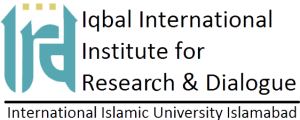
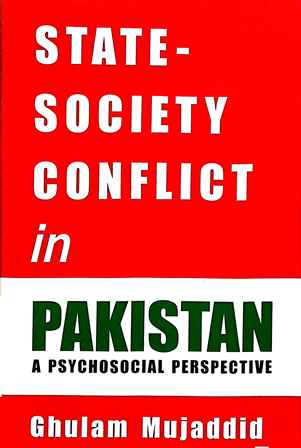
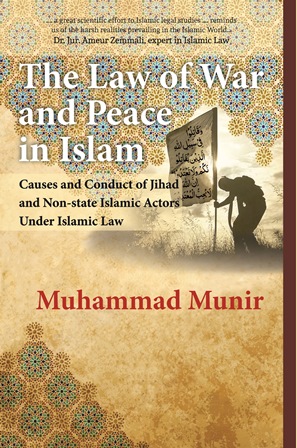
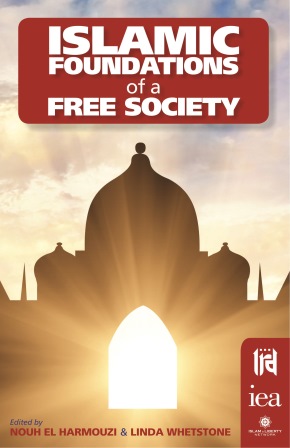
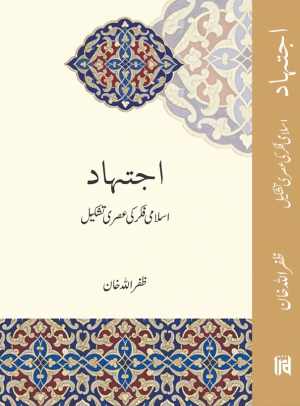
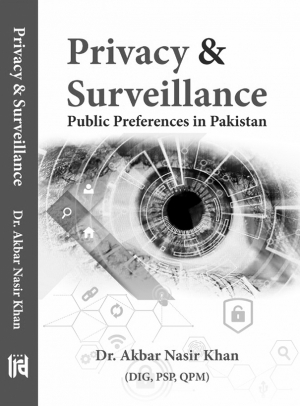
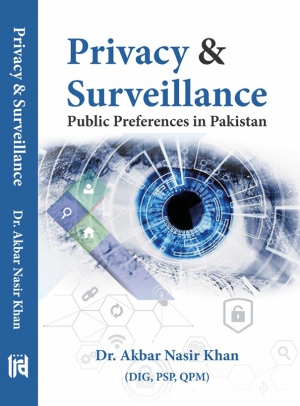


Reviews
There are no reviews yet.